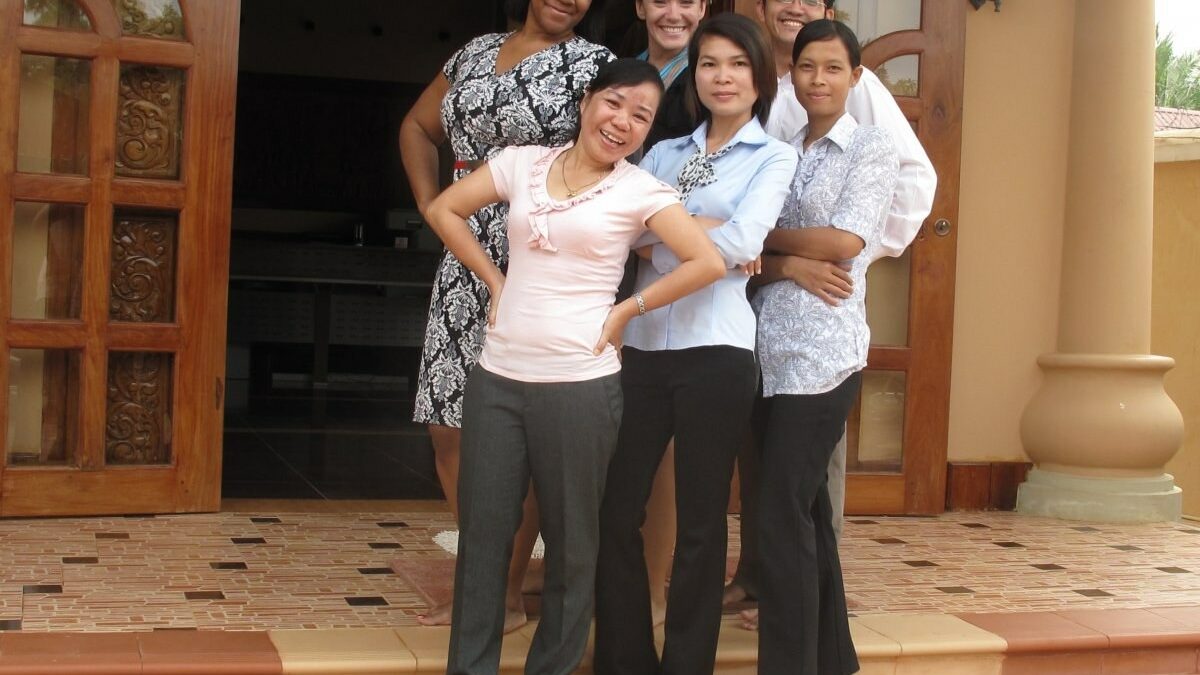Women’s Equality: Looking through a Global Lens

By Kelly Cameron, Student Mobilization Coordinator, MSW
My consciousness of equality for women started in a high school classroom. I was taking a World Issues course and was tasked with creating a project based on a current global issue. Since I went to high school before the dawn of "Google” I had to rely on daily newspapers. It happened that the Toronto Star was running a series of articles on "child sex tourism” in South East Asia. This was before "human trafficking” was a known term and the UN’s Palermo Protocol had not yet been drafted. My 16 year old self was incensed at the fact that girls my age and even younger were being abused daily. It was the beginning of my recognition that every teenage girl’s life around the world did not look like mine. It started my journey of perceiving women’s equality through a global lens.
Years later I would have the opportunity to live and work in South East Asia and see what the fight for equality of women looks like firsthand. In fact it was in Cambodia that I learned of International Women’s Day–it’s a public holiday there. But juxtapose that with a Cambodian proverb that says: "Men are like gold, women are like white cloth” and you begin to see a picture of the struggle for women’s equality beyond your own backyard.
While serving as a Social Work Advisor (Aftercare Fellow) at IJM Cambodia I saw the global picture of women’s equality in:
· The bright faces of young women who have survived sex trafficking as they boldly share about their hopes for the future.
· The tireless efforts of my colleagues at IJM Cambodia to ensure that the public justice system works to assist and ultimately protect girls from being trafficked.
· My friend Solida, a young mom who started a transformational ministry to assist women being abused in the entertainment industry of Phnom Penh called Precious Women.
My view of women’s equality looks like women being able to pursue their callings, purposes and passions without fear or hindrance regardless of where they live in the world. As women living in relative privilege we have a responsibility to stand with our sisters around the world in supporting efforts to advance women’s equality, because as Rosemary Brown put it "Until all of us have made it, none of us have made it”.
To learn more about IJM’s work on sex trafficking click here
Challenge: Take the money you would spend this week on your daily coffee or tea and invest it in an organization fighting sex trafficking.